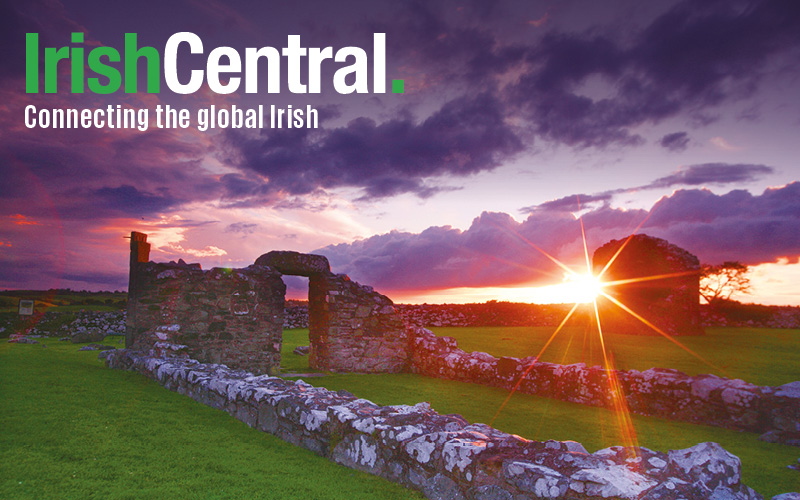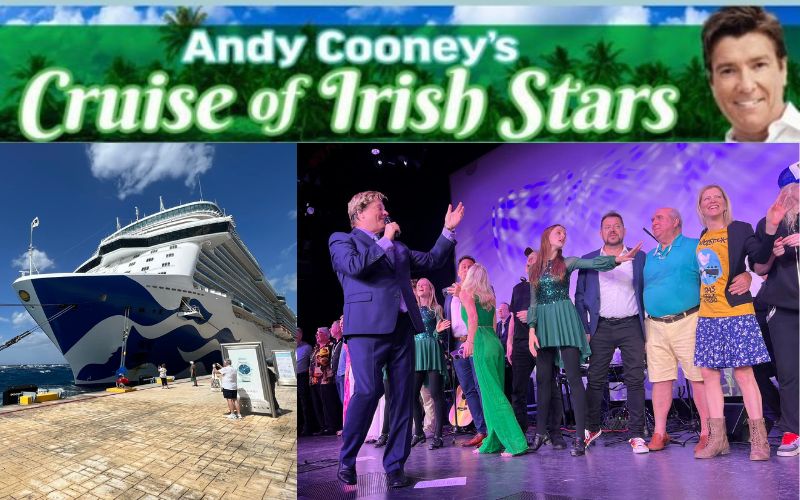JAMES Carroll, 65, noted author, National Book Award winner and columnist for the Boston Globe, has recently completed a powerful new documentary film entitled Constantine's Sword in which he examines the roots of religiously inspired violence in the world.
Working with Oscar nominated director Oren Jacob, Carroll explores the centuries long history of anti-Semitism in the Catholic Church and its corollary in America's evangelical movement.
The new film, which is based on Carroll's 2001 book of the same name, details centuries of ruthless violence committed in Christianity's name. He also warns us that the concentration of military, religious and political power in U.S. could ultimately lead to a concentration of the same "us-versus-them" dogmas that the launched the Crusades, the Spanish Inquisition and the Holocaust.
Carroll, a practicing Catholic and former priest first, entered the Paulist Seminary in Washington in the crucible of the early 1960s, where he found his life transformed by the civil rights struggles of that era.
Initially a conservative Catholic, Carroll grew up in a devout Irish American family. His father, an Air Force general, served as director of the Defense Intelligence Agency in 1962 and warned President John F. Kennedy's administration of the Soviet missile build up in Cuba.
"My father served as chief of staff of the United States Air Force in Europe in the late 1950's. He was the senior American Catholic in Europe at a time when Catholics were attuned to discrimination in the upper levels of American culture and society," Carroll said during an interview with the Irish Voice.
"Given his status then my family were able to have an audience with Pope John XXIII."
Meeting the Pope was an astounding experience for the family and for Carroll personally. Intimidated by the imposing spectacle of the Vatican, their anxiety evaporated when a small rotund man walked in and instantly made them all welcome.
Pope John clapped his hands when he saw them and gave a great jovial laugh. He was clearly delighted to see an Irish Catholic family with five boys.
Says Carroll, "Many people no longer have a sense of this man's exceptional magnificence. But for me it was a before and after moment, a turning point in my life. I still regard myself as a Catholic in the style of Pope John XXIII."
Carroll freely admits he was a "conservative, narrow minded boy" when he first entered the Paulist Seminary. While there, though, he was brought into a whole other understanding of himself. One seminarian he met told him he was a member of the NAACP, the civil rights organization.
"I was raised to think that everyone in that organization was a communist, that was J. Edgar Hoover's view," says Carroll.
"I had worked in the summers as a college student for the FBI. But the civil rights movement in America opened into a whole new way of understanding ourselves as a people."
It wasn't enough to preside over the sacristy, Carroll realized. Being a Catholic was about getting into the streets and changing society. It was about joining the great movement of change for social justice.
By the time he was ordained in 1969 he was a different kind of Catholic in a different America. It was, he says, an unbelievably heady time and it marked the man he would become.
Constantine's Sword grew out of Carroll's growing alarm about Mel Gibson's The Passion of the Christ, which was roundly criticized for what many critics saw as its depiction of the Jews as Christ killers. A box office phenomenon on release in 2004, its initial take surpassed blockbusters like The Lord of the Rings and Titanic.
Says Carroll, "It was such an extreme example of the old mistake. It made it very clear to me that the broad population of Christians needs to have much more information about the Gospels and the sources of Christian anti-Semitism. They need to learn a way to read the texts that doesn't demonize the Jewish people.
"The tragedy of that film is that it gets re-released every Holy Week all over the world in churches and parishes. It's the most successful act of religious education in history and it's a catastrophe."
A scholar and historian, Carroll is keenly aware of how the legacy of anti-Semitism reverberates across the centuries and in part his new film is a passionate rejoinder to the dangerous consequences of religious influence on American foreign policy.
What happens, he asks, when military power and religious fervor are joined? Is the fanaticism that threatens the world today echoed in our own deeply held beliefs? How does one man who loves the church confront its history of crusade and conquest? Carroll's reformist mission asks the audience to think critically about the institutions that dominate their lives.
Constantine's Sword opens Friday, April 18 at Lincoln Plaza Cinemas and the Quad Cinema in Manhattan.




Comments